Thai basics and rules of conduct
Thailand is a Buddhist country and above all a country with many polite rules. The Thais usually have a smile on their faces and are very helpful and open to tourists. A few simple words in Thai and can open doors. To avoid common mistakes and to make it easier to get started in Thailand, we have summarized a few basic words in Thai as well as rules of conduct.
Thai basics
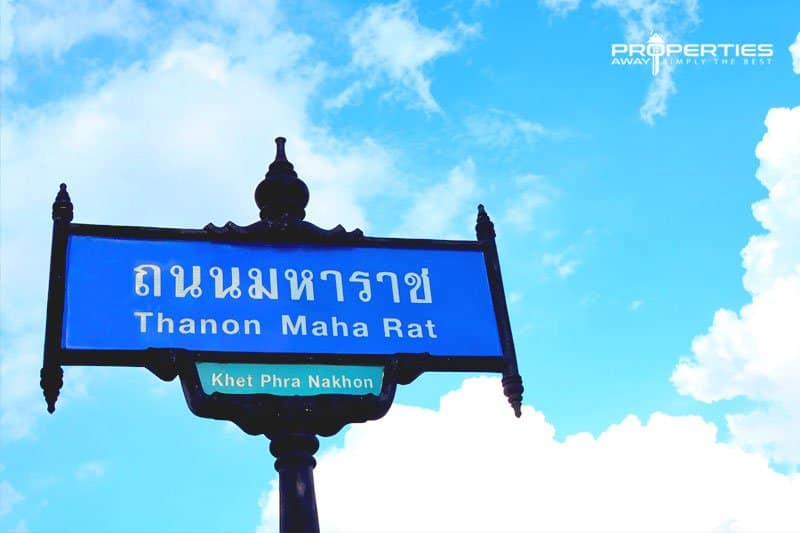
Thai starter language conversation:
Note: In Thai you always attach a Khrap (men) or Ka (women) to the end of the sentence. This is to finish politely and you should always pay attention to it. Don’t drop a brick and read our thai basics carefully.
Thai Numbers:
Rules of Conduct for Thailand
When traveling to Thailand, there are some rules of conduct that you should follow. It is not only about courtesy, but also not to blunder and adapt to the conditions in the country a little. In this paragraph we want to help you to follow a few basic rules of dos and don’ts in Thailand.
Of course you usually would not need to mention all these things, but unfortunately many tourists keep making those mistakes. You should adapt yourself a bit to the country you’re going on vacation to. But don’t worry; mistakes will of course be forgiven as you are a tourist. This should only be a little help to avoid those.Holidays

Last but not least we want to introduce you to a few important Thai or Buddhist holidays. These may take place during your vacation and this overview will help you to adjust to them. For interested temple travelers check out our article: Koh Samui Temples (Wat) and Pagodas
06. April – Chakri Day
On this day the accession to the throne of the first Chakri king is remembered. Rama I was the king of Thailand back then and the founder of the Chakri dynasty, which still is in place nowadays.
13. to 15. April – Songkran
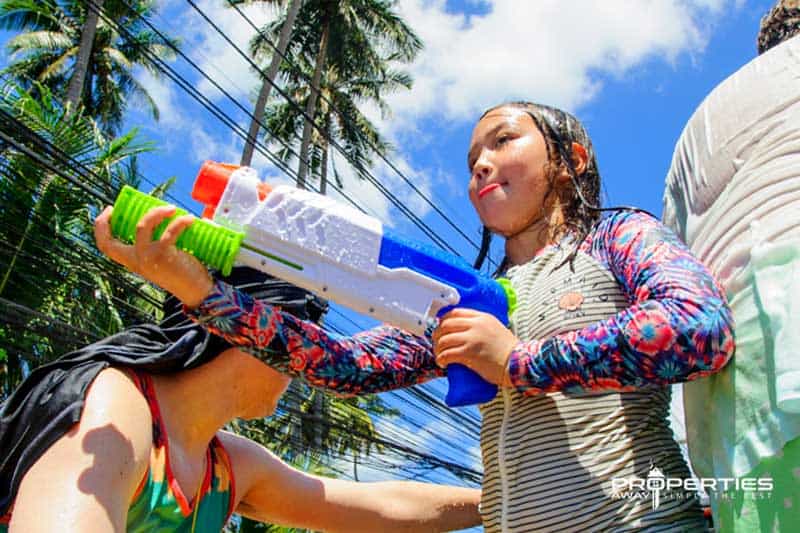
This is the Thai New Year, often referred to as “water festival”. People are celebrating this day on the streets with water pistols and buckets, nobody can escape the water, hence nobody stays dry. However, the traditional way of celebrating is a different one. Here, for example, the elders or monks getting their hands washed as a cleansing ritual. Also cleaning the house or temples is one thing to do to start the New Year fresh.
May/June – Makha Bucha
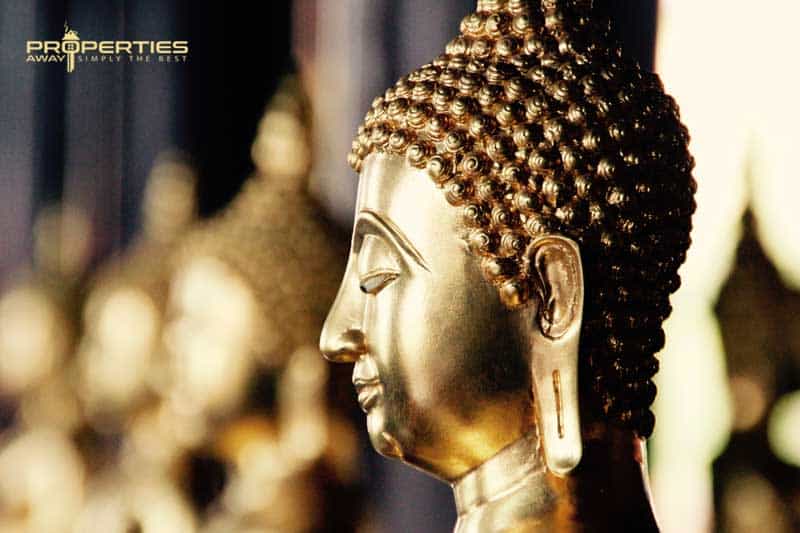
Holiday for the birth, enlightenment and death of Buddha. It is celebrated at full moon in late May / early June. Sometimes the day is also called “Buddha’s Birthday” by the locals. One of the most important Buddhist holidays.
July/August – Asanha Bucha
This holiday is also celebrated on the full moon in late July / early August. It is a national Buddhist as well as one of the most important holidays in Thailand. It reminds of the first sermon of Buddha.
12. August – Mother’s Day
The Mother’s Day in Thailand is celebrated on the birthday of Queen Sirikit. In honor of this day, many festivals are held throughout the country, commemorating the charitable accomplishments of the Queen for the Thai people.
November – Loy Krathong
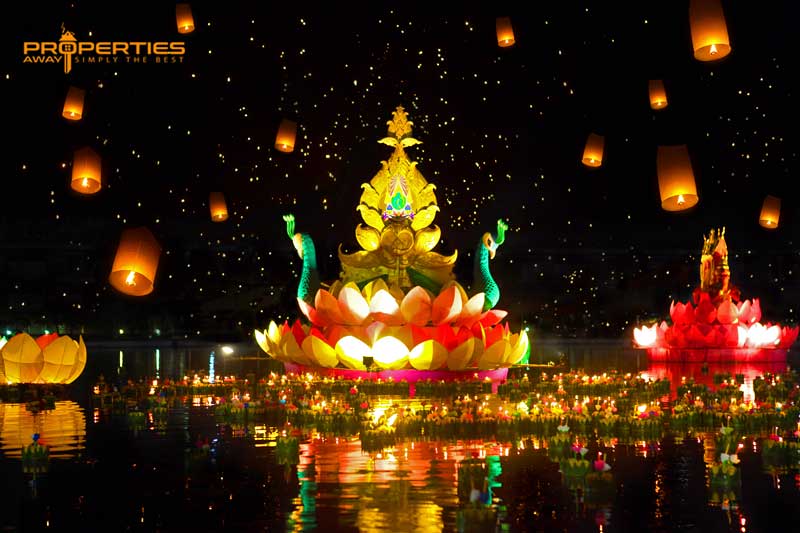
This traditional Thai festival is held on the first full moon in November. Here small Krathongs (boats) are launched and filled with coins and candles to carry off the worries of the past year. It’s a really interesting holiday which is celebrated everywhere in the country.
05. December – Father’s Day
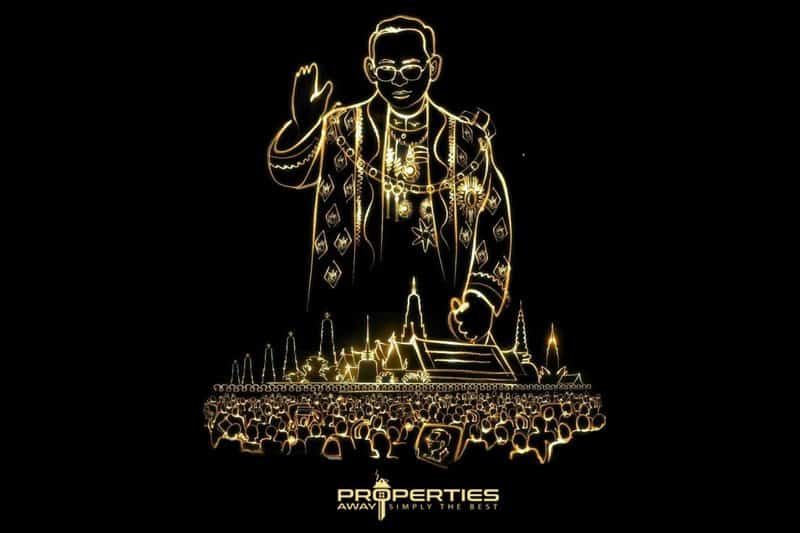
The Father’s Day in Thailand takes place on the birthday of the late King Rama IX. In many parts of the country, big festivals and concerts are held in honor of the king. Also many Thais come together in the evening to admire the spectacular fireworks in honor of the nation’s father, King Bhumibol, in Bangkok.
Note: On some Buddhist holidays it is not allowed to sell alcohol in supermarkets. Nevertheless in some hotels you still could enjoy a beer. But it would be better to refrain from drinking that day, just to respect the Buddhist holiday.

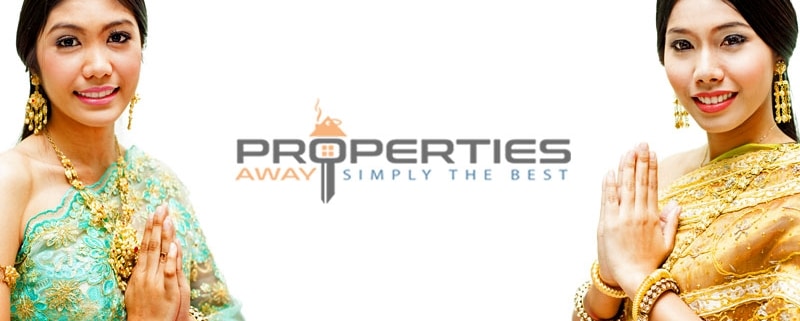







Leave a Reply
Want to join the discussion?Feel free to contribute!